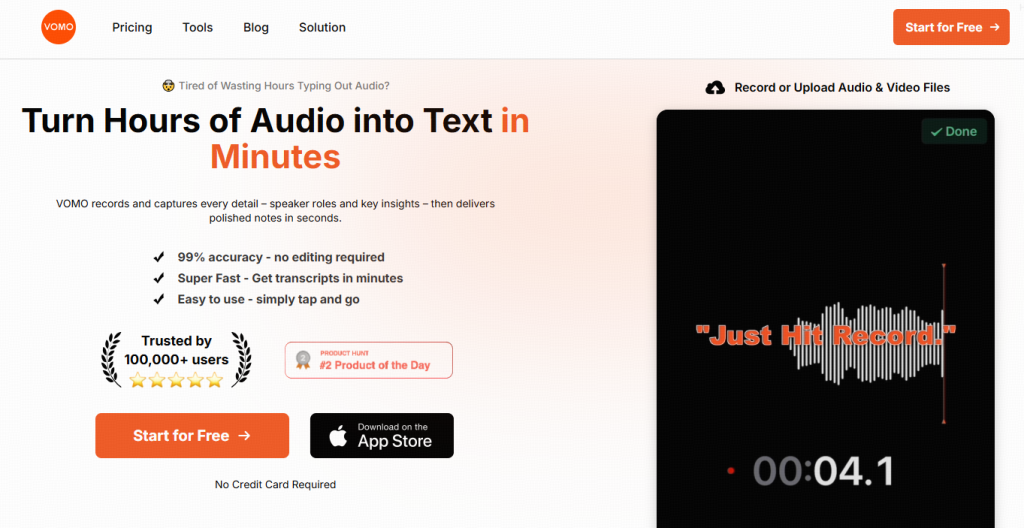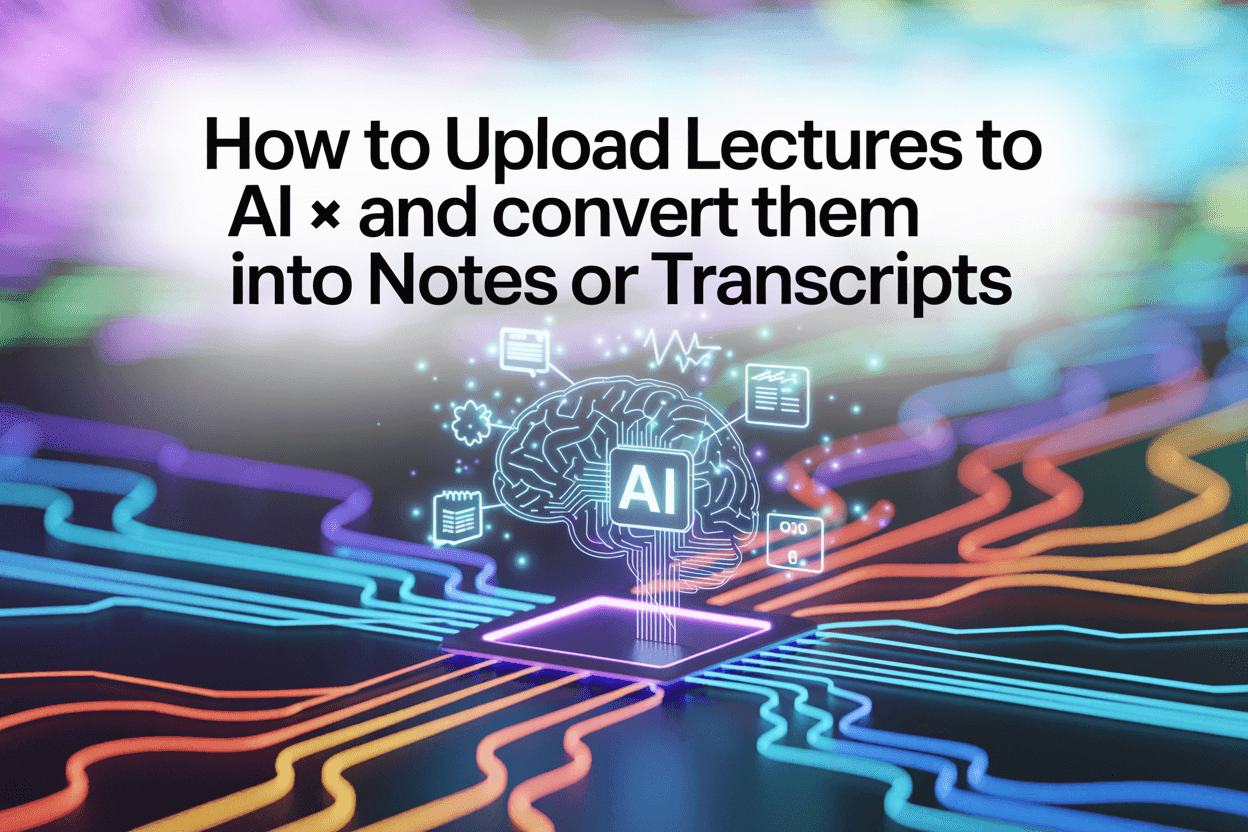Si vous vous demandez how to upload lectures to AI, the short answer is: you can’t directly upload video or audio lecture files to ChatGPT. However, there are dedicated Transcription de l'IA outils that make it easy to turn your lectures into text, summaries, and searchable notes.
These tools not only save time but also help students and educators manage study materials more effectively. Let’s explore the best ways to process lecture recordings using AI.

Why You Can’t Directly Upload Lectures to ChatGPT
At present, ChatGPT doesn’t allow direct uploads of lecture recordings—whether they’re video or audio files. The AI is designed for text-based input, meaning it cannot automatically process raw media files.
If you want ChatGPT (or any AI chatbot) to help summarize or analyze a lecture, you first need to convert your recording into text. That’s where AI transcription platforms come in—they serve as the bridge between your recorded content and AI-powered learning tools.
Use AI Transcription Tools to Convert Lectures
Vers upload and process lectures with AI, start by transcribing them into text. Specialized Outils de transcription de l'IA can automatically recognize speech, identify speakers, and generate highly accurate transcripts.
Parmi ces outils, VOMO AI stands out for its precision, smart summarization, and chapter-based transcript organization—making it ideal for students and educators.
Here’s how to do it:
- Aller à VOMO.ai.
- Upload your lecture recording (audio or video).
- Wait a few minutes while the AI converts your de l'audio au texte automatiquement.
- Review, edit, and organize your transcript using the built-in Smart Notes and chapter segmentation.

This structure helps students navigate long lectures efficiently and focus on key learning points.
Turning Lecture Videos into Text
If your lecture is recorded as a video, you can still process it using AI transcription tools that support de la vidéo au texte conversion. These platforms extract both the spoken content and contextual cues (like slide changes or speaker transitions) from your video.
VOMO AI, for example, allows you to upload an MP4 file or paste a YouTube lecture link. The AI then generates a full transcript, complete with summaries and topic divisions for improved readability.
This approach makes it much easier to:
- Review recorded classes later without rewatching the whole video.
- Create searchable notes for exam preparation.
- Share summarized materials with classmates.
Benefits of Uploading Lectures to AI Tools
Using AI tools like VOMO AI for lecture transcription offers several key advantages:
- Time-saving: Automatically turns hours of recordings into readable summaries.
- Better organization: Divides transcripts into chapters for logical flow.
- Accessibilité : Helps students with hearing impairments or those who missed class.
- Productivity boost: Makes studying, quoting, and referencing effortless.
By transforming spoken des conférences en texte, you make your academic materials smarter, more searchable, and easier to retain.
Réflexions finales
You can’t upload lectures directly to ChatGPT—but you can still use AI effectively by pairing it with transcription tools. Platforms like VOMO AI let you upload lectures, transcribe them, and even summarize the key points instantly.
Once you have your text, you can bring it into ChatGPT (or another AI assistant) to ask follow-up questions, create flashcards, or generate summaries.
In short, uploading lectures to AI starts with transcribing them firstet VOMO AI provides the most efficient and accurate way to make that happen.



